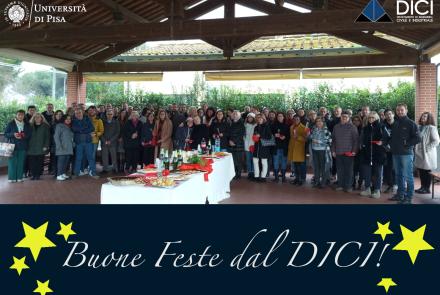Dr. Zhao Qin, Dept. of Civil and Environmental Engineering, Syracuse University, NY
Abstract
The United Nations Sustainable Development Goals outline 17 interconnected grand challenges that represent areas where urgent action is required to safeguard the well-being of all people and the planet. Biology is at the heart of many of these goals - from sustainably manufacturing, agriculture to energy, biomedical, pollution treatment and strategy for climate change. Natural materials exhibit fascinating functions (e.g., self-growing, mechanical strength, energy efficiency, environmentally friendly, tunability) at multiple scale levels. Technology of these materials, including revealing the hidden gene-structure function relationship and innovative direct application of these material, is crucial to accelerate the transition from a petroleum-based conventional development to a sustainable and circular development. In my SU lab, we focus on characterizing the microstructures of biomaterials, building multiscale physical models to reveal the structure-function relationship and carry out bioinspired design and optimization with generative AI. For this talk, I will give examples (e.g., bamboo, mycelium) to introduce our recent bioinspired composites studies for strong, tough materials with thermal stability and insulation. We find that instead of overall chemistry and molecular ratio, mesoscopic features, including silica particle distribution and interfacial interaction, significantly affect the strength and toughness of the bamboo epidermis. We find that mycelium can be used to replace plastic foams for sustainable insulation, which is a lightweight barrier against fire, water, noise and thermal conductivity. We are applying our research technique from molecular modeling to large-scale applications in building and energy.
Bio
Dr. Zhao Qin graduated from Tsinghua University with Bachelor's and Master's Degrees in 2006 and 2008, respectively. He got his Ph.D. from MIT in 2013 and then continued to work as a research scientist until 2019 before he started the Syracuse lab. Dr. Qin is working toward combining experiments and multiscale computational tools for functional biocomposite designs through natural processes. His work focuses on the structure-function relationship of nano and biological materials of hierarchical structures, and he has published over 100 papers with an h-index of 52. He recently has received a 2022 CAREER award from the US National Science Foundation (NSF).





